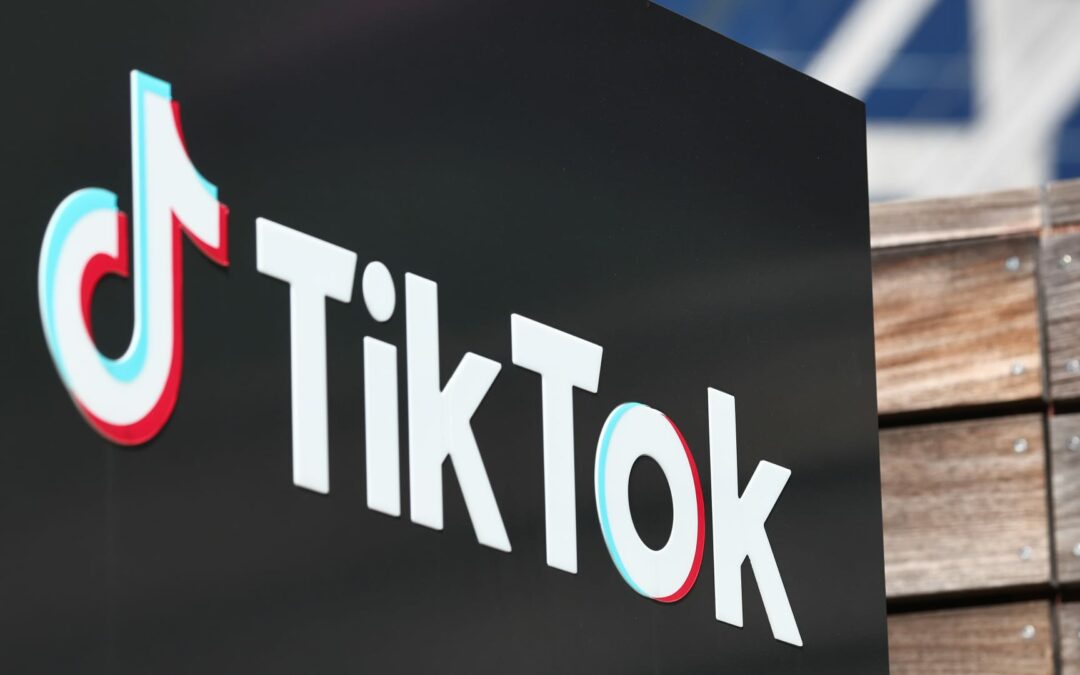The TikTok logo is displayed at TikTok offices on March 12, 2024 in Culver City, California.
Mario Tama | Getty Images
The Federal Trade Commission said Tuesday that it’s referred its complaint against TikTok and Chinese parent ByteDance to the U.S. Department of Justice.
The FTC began its investigation following a 2019 settlement with Musical.ly, the predecessor to TikTok, that was related to violations of the Children’s Online Privacy Protection Act (COPPA). The FTC was probing to see if TikTok violated a federal law that prohibits “unfair and deceptive” business practices.
The regulator said it’s transferring the case to the DOJ because the investigation “uncovered reason to believe named defendants are violating or are about to violate the law.”
“Although the Commission does not typically make public the fact that it has referred a complaint, we have determined that doing so here is in the public interest and that a proceeding is in the public interest,” the FTC said.
At a Senate hearing in January, TikTok CEO Shou Zi Chew said the company employs around 40,000 people in its trust and safety operations, but added that he didn’t know how many minors were users of the social media platform.
A TikTok spokesperson said it’s been working with the FTC on the matter for over a year and is “disappointed” the agency decided to pursue litigation.
“We strongly disagree with the FTC’s allegations, many of which relate to past events and practices that are factually inaccurate or have been addressed,” the spokesperson said. “We’re proud of and remain deeply committed to the work we’ve done to protect children and we will continue to update and improve our product. We offer an age-appropriate experience with stringent safeguards, proactively remove suspected underage users, and have voluntarily launched safety features such as default screentime limits, family pairing, and privacy by default for minors under 16.”
The company faces other challenges in the U.S.
In May, TikTok sued the U.S. government after President Joe Biden signed legislation that gives ByteDance nine months to find a buyer and a three month extension if a deal is in progress. In the absence of a deal, the short-form video app could be banned.
TikTok said the bill violates the First Amendment, and that divestiture is “simply not possible: not commercially, not technologically, not legally,” according to a legal filing.
— CNBC’s Lora Kolodny contributed to this report.







